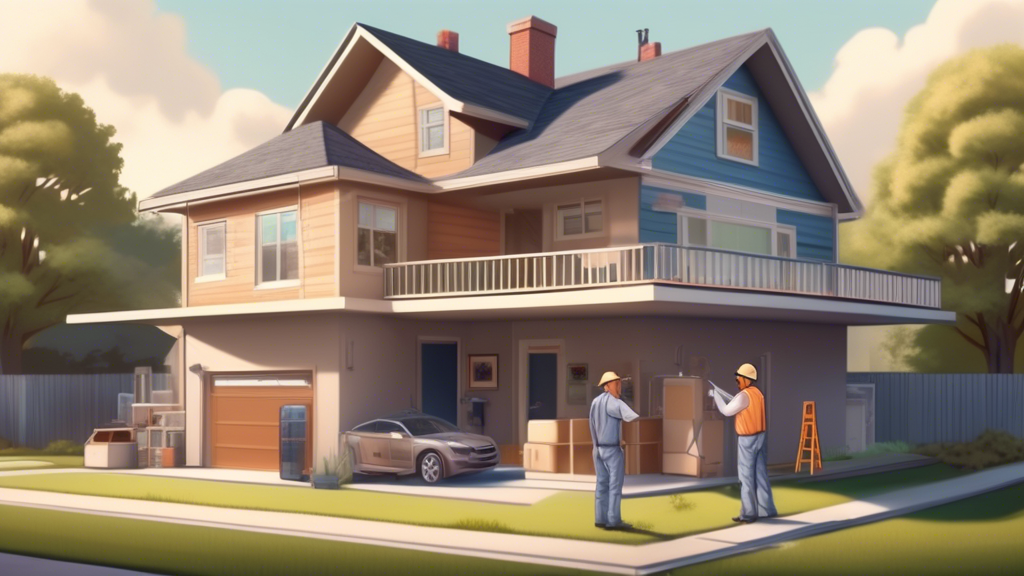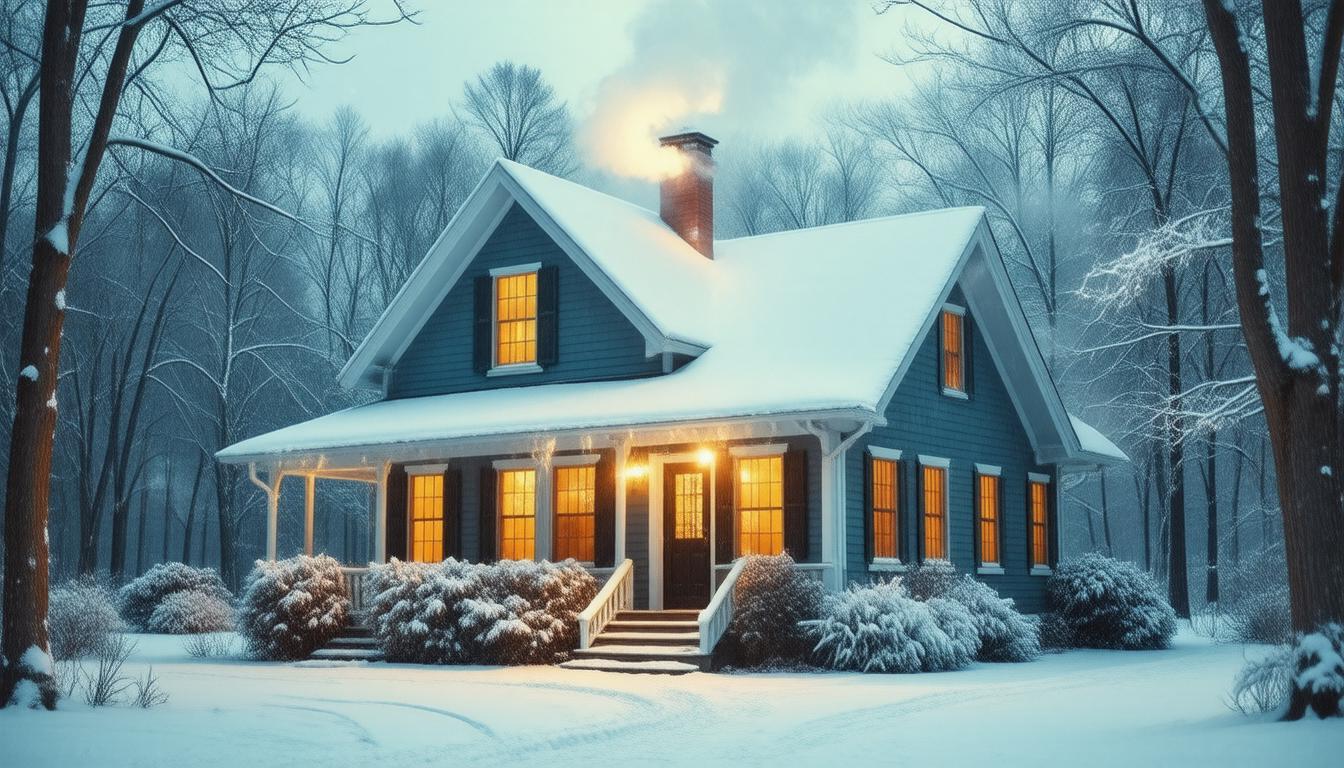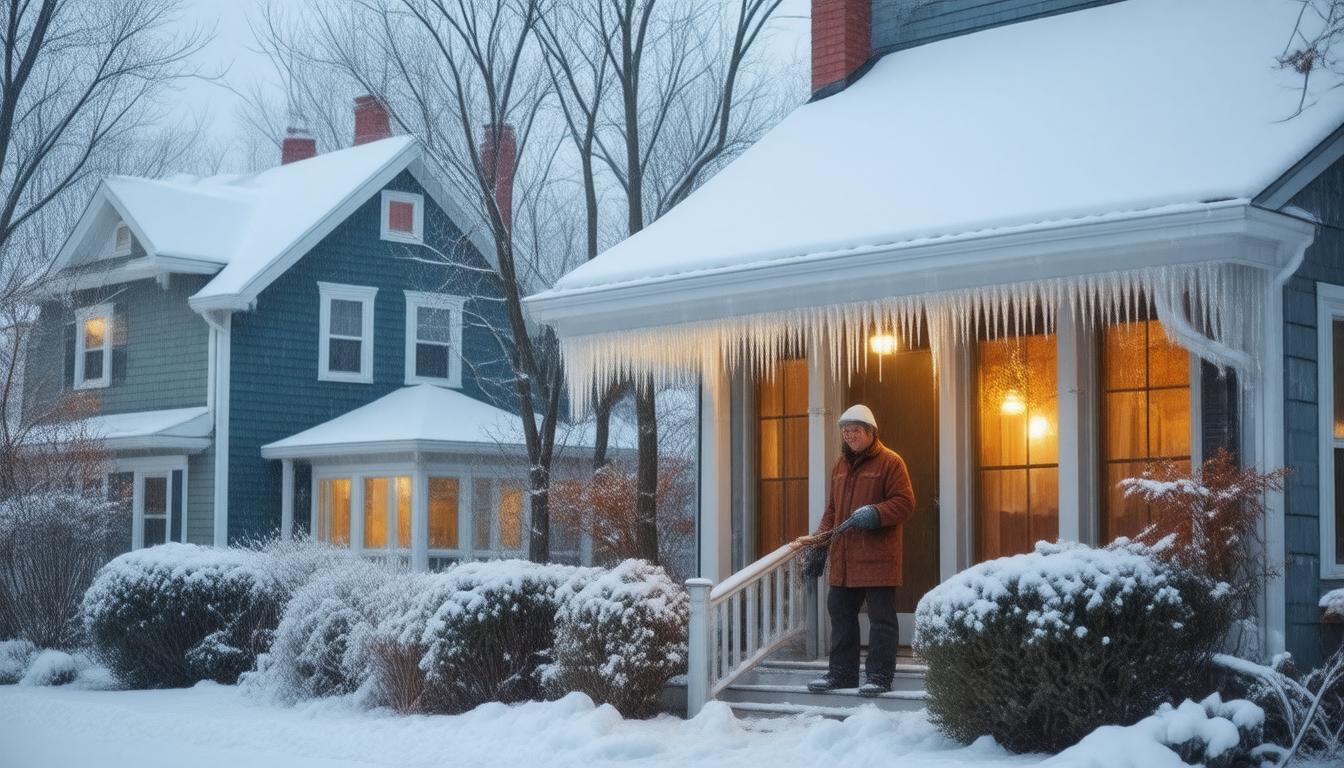

Introduction
When purchasing a home, one critical step is the home inspection, an evaluation of the property’s condition by a professional inspector. Home inspections help potential buyers understand what issues may need immediate addressing and what might arise in the future. Bankrate.com highlights six key elements that home inspectors typically check to ensure the safety, functionality, and overall condition of a property.
1. Structural Integrity
The foundation and structural components of a home are essential to its overall stability and safety. Home inspectors pay close attention to the basement or crawlspace to check for signs of water intrusion, such as dampness or staining. They also examine the walls and floors for cracks or shifts, which might indicate problems with the foundation or framing. The condition of beams, joists, and trusses are also reviewed to ensure they are intact and have not been compromised by water damage, wood rot, or pest infestation.
Exterior Inspection
The inspection extends to the exterior of the house where features such as siding, windows, and doors are evaluated. Issues like cracks in the siding or improper sealing around windows can lead to energy inefficiency and water penetration. The overall alignment of doors and windows, and the integrity of visible structures, are also critical in assessing potential future problems.
2. Roof and Attic
The condition of the roof and attic is critical in preventing water entry and insulating the home. Inspectors look at the age, shingles, flashing, and gutters to make sure they are in good condition and properly channeling water away from the home. In the attic, inspectors check for proper ventilation to prevent overheating and moisture accumulation. They also look for signs of leaks, water damage, and adequate insulation.
3. Plumbing System
The plumbing inspection involves checking all pipes, drains, valves, and faucets, as well as examining fixtures in kitchens and bathrooms. Inspectors look for leaks, assess water pressure and test hot and cold water supply lines. They also check the condition and functionality of water heaters, sump pumps, and any other plumbing-related appliances. Additionally, the sewer system or septic tank is usually reviewed to avoid potentially massive future complications.
4. Electrical Systems
Electrical systems must adhere to safety standards to prevent hazards. Home inspectors check the condition and type of wiring, test for proper function of circuit breakers, and ensure there are no tripped fuses. They look for safety issues such as exposed wires or improperly functioning panels. Inspectors also test all electrical outlets and fixtures to ensure they work safely and efficiently.
5. Heating and Cooling Systems
The efficiency and safety of the heating, ventilation, and air conditioning (HVAC) system are another main focus of a home inspection. Inspectors check the condition of the furnace, air conditioning unit, and other heating systems to ensure they are operating properly and effectively. They will review the age of the system, whether it is sized appropriately for the house, maintenance history, and if it meets current health and safety regulations.
6. Interior Check
Inside the home, inspectors look at the walls, ceilings, floors, windows, and doors for signs of misalignment, structural damage, or other issues that may need repair. They also inspect staircases and railings to ensure they are secure. Important elements like smoke detectors, carbon monoxide detectors, and security systems are tested to confirm they are in working order. Kitchens and bathrooms receive particular attention for their plumbing fixtures, ventilation systems, and electrical appliances.
Conclusion
During a home inspection, understanding the main areas of focus can be highly beneficial for potential buyers. These checks are vital for uncovering potential issues that could cost significant time and money down the line. By ensuring that these six areas are thoroughly inspected, prospective homeowners can feel more secure in their investment. Bankrate.com emphasizes the importance of hiring a qualified and experienced home inspector to perform these evaluations and provide a detailed report that helps in making an informed purchase decision.







